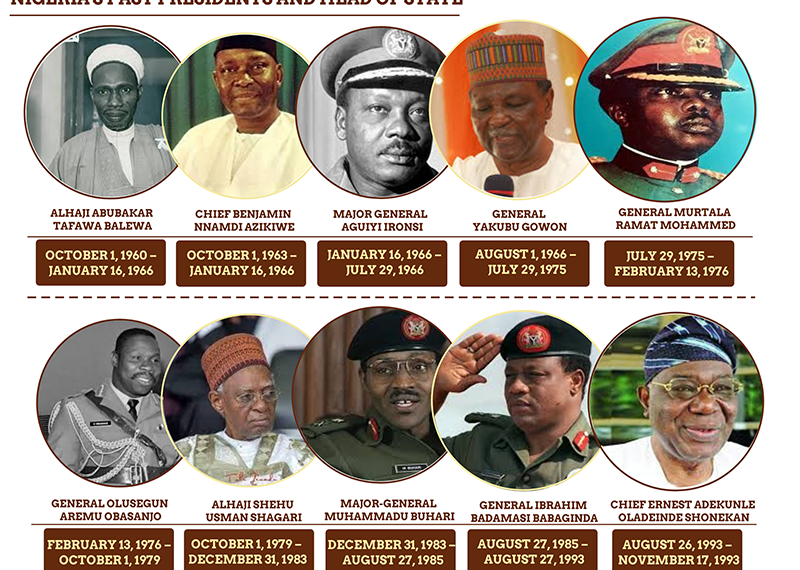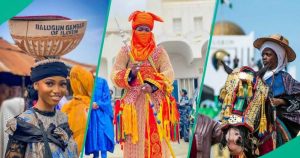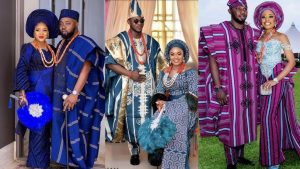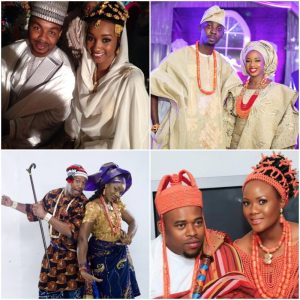Who is the best Nigeria president from 1960 till date
Since gaining independence in 1960, Nigeria has witnessed a series of leaders who have left their marks on the country’s socio-political and economic landscape. Determining the best Nigerian president from 1960 till date is a complex task, given the different challenges and achievements each administration faced.
However, several factors can be considered in this evaluation, including economic performance, social development, political stability, and efforts toward national unity.
One name that often stands out in discussions about effective leadership in Nigeria is Olusegun Obasanjo. Serving as both a military ruler from 1976 to 1979 and later as a civilian president from 1999 to 2007, Obasanjo’s contributions to Nigeria’s development are noteworthy. His administration is credited with significant reforms in the telecommunications sector, the establishment of the Economic and Financial Crimes Commission (EFCC), and efforts to reduce Nigeria’s foreign debt. The liberalization of the economy under his leadership attracted foreign investment and spurred economic growth.
Another prominent figure is Muhammadu Buhari, who has served as both a military head of state (1983-1985) and a civilian president (2015-present). Buhari’s administration has focused on combating corruption, improving security, and diversifying the economy. His efforts in the agricultural sector, particularly promoting self-sufficiency in food production, have been commendable. However, his tenure has also faced criticism over economic challenges and issues related to human rights.
Goodluck Jonathan, who served from 2010 to 2015, also made notable contributions, particularly in the education and healthcare sectors. His administration launched the YouWin program, aimed at encouraging entrepreneurship among Nigerian youth, and the Almajiri education program, which sought to integrate Islamic and Western education for northern children.
In the earlier years of independence, Nnamdi Azikiwe, the first president of Nigeria, and Tafawa Balewa, the first prime minister, played crucial roles in laying the foundation for the newly independent nation. Their efforts in promoting national unity and navigating the complexities of a multi-ethnic nation set the stage for subsequent leaders.
Considering all these factors, it is challenging to single out one president as the absolute best. Each leader has faced unique challenges and contributed in different ways to the nation’s development. However, Olusegun Obasanjo’s ability to drive economic reforms, reduce debt, and establish anti-corruption measures arguably makes him a strong contender for the title of the best Nigerian president from 1960 till date.
Ultimately, the assessment of the best president is subjective and may vary based on individual perspectives and the specific criteria used for evaluation. Nevertheless, the contributions of all Nigerian leaders have collectively shaped the nation’s journey since independence.














Post Comment